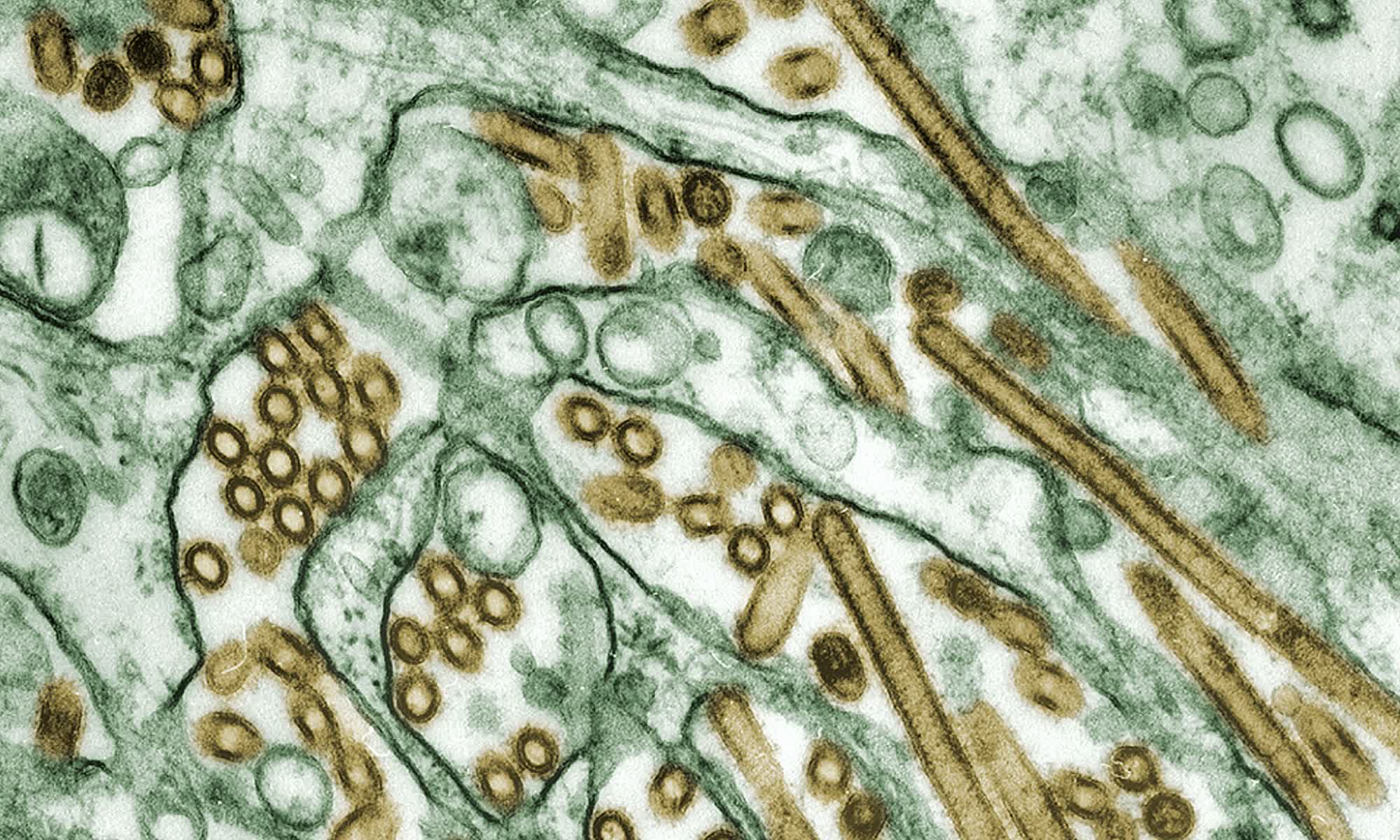Cutting corners: Researchers at Imperial College London say an artificial intelligence-based science tool created by Google needed just 48 hours to solve a problem that took them roughly a decade to answer and verify on their own. The tool in question is called "co-scientist" and the problem they presented it with was straightforward enough: why are some superbugs resistant to antibiotics?

Professor José R Penadés told the BBC that Google's tool reached the same hypothesis that his team had – that superbugs can create a tail that allows them to move between species. In simpler terms, one can think of it as a master key that enables the bug to move from home to home.
Penadés asserts that his team's research was unique and that the results hadn't been published anywhere online for the AI to find. What's more, he even reached out to Google to ask if they had access to his computer. Google assured him they did not.
Arguably even more remarkable is the fact that the AI provided four additional hypotheses. According to Penadés, all of them made sense. The team had not even considered one of the solutions, and is now investigating it further.

Co-scientist is a multi-agent AI system built using Gemini 2.0. According to Google, it serves as a "virtual scientific collaborator" that can help generate novel hypotheses and research proposals, and speed up biomedical and scientific discoveries. Research organizations interested in co-scientist can apply to participate in a trusted tester program.
AI has been a topic of debate for years. Among other concerns, critics warn that it could impact jobs and put scientists like Penadés out of work. The lead researcher told the BBC that he understands the fear, but believes that having an extremely powerful tool outweighs the negatives.
Penadés is now sold on artificial intelligence. "This will change science, definitely, he said, adding that he believes he is witnessing something spectacular. "It's like you have the opportunity to be playing a big match - I feel like I'm finally playing a Champions League match with this thing."
Image credit: CDC
Scientists spent 10 years on a superbug mystery - Google's AI solved it in 48 hours